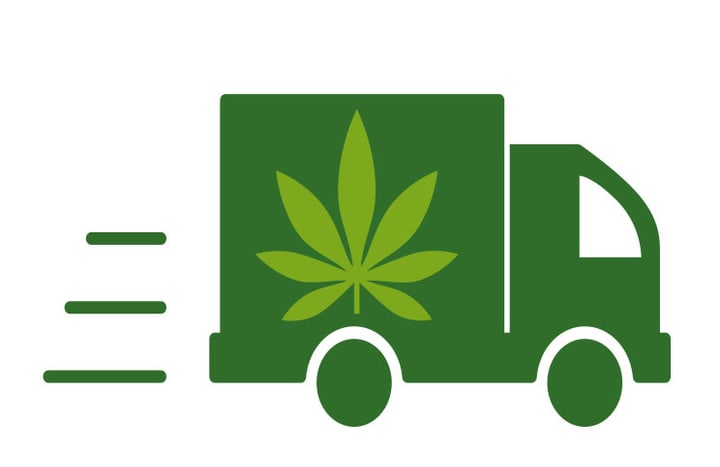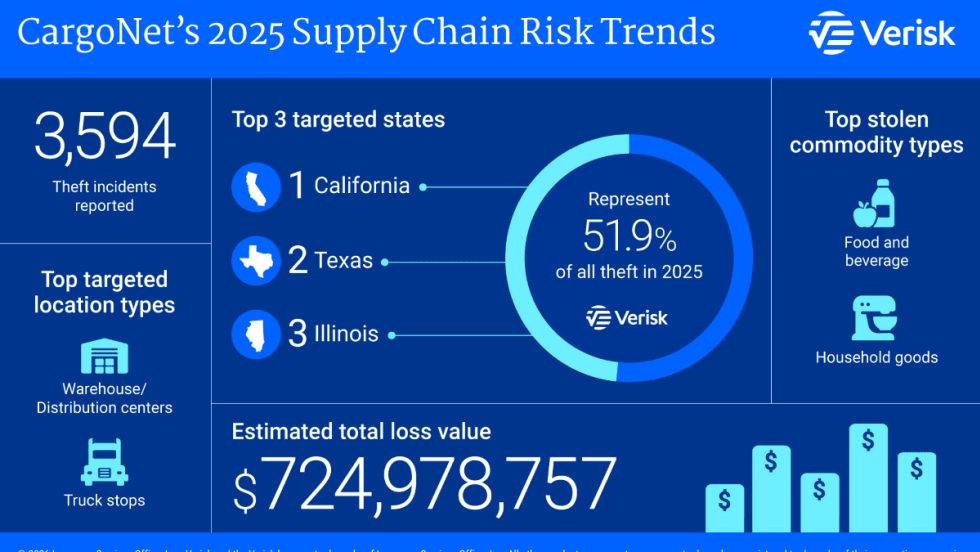A recent high-profile arrest of a truck driver hauling industrial grade hemp from Oregon to Colorado has prompted the U.S. Department of Agriculture to issue a new clarification detailing the legal status of hemp – including its transportation as a freight commodity.
Last year, the Agriculture Improvement Act of 2018 (2018 Farm Bill) authorized the production of hemp and removed hemp and hemp seeds from the Drug Enforcement Administration’s schedule of Controlled Substances.
Industrial grade hemp is becoming an increasingly sought-after raw material for a growing array of industrial and consumer goods, including increasingly popular CBD oils, which are used for health purposes by many Americans. Hemp and marijuana are both types of the cannabis plant. But unlike marijuana, hemp does not contain enough THC chemicals to produce the “high” that many people enjoy as a recreational drug.
Prior to its reclassification last year, however, hemp was lumped in the same category as marijuana as a Schedule 1 narcotic under the Controlled Substances Act – a law that banned any cannabis of any kind in the U.S.
But there has been widespread confusion regarding hemp’s new legal statue, as truck driver Denis Palmurchuk discovered last January, when he was arrested by the Idaho State Police with 7,000 pounds of industrial hemp in his trailer and charged with smuggling marijuana.
Palmurchuk's case drew widespread attention, leading to the May 28 clarification from the U.S. Department of Agriculture on hemp’s new legal status.
In the statement issued by USDA’s Office of General Counsel, the agency’s legal counsel, Stephen Vaden, concluded that per the enactment of the 2018 Farm Bill on December 20, “hemp has been removed from schedule I of the Controlled Substances Act and is no longer a controlled substance.”
Vaden said that after USDA published regulations implementing the new hemp production provisions of the 2018 Farm Bill, states and Indian tribes may not prohibit the interstate transportation or shipment of hemp lawfully produced under a state or tribal plan or under a license issued under the USDA plan.
In fact, the report noted, states and Indian tribes may not prohibit the interstate transportation or shipment of hemp lawfully produced under the 2014 Farm Bill.
According to the Idaho Statesman, the Ada County, Idaho, District Attorney’s Office, which is prosecuting Palmurchuk as well as two other truck drivers arrested for hauling hemp, declined to comment on the new guidelines.














